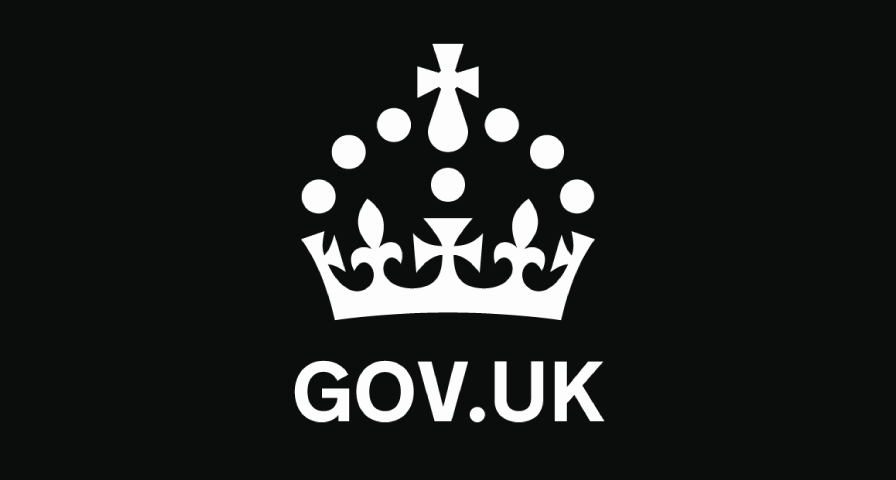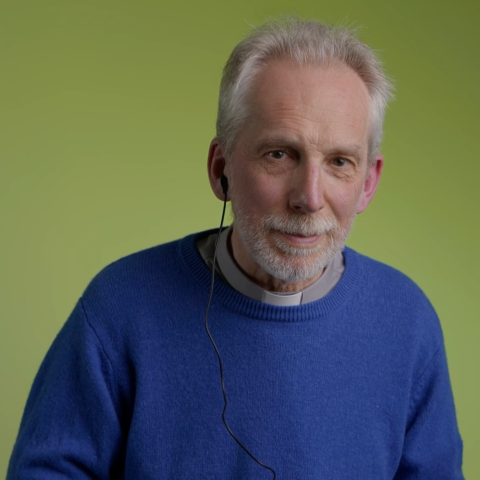The Government has recently announced and then amended a range of welfare reforms that will impact many disabled people in England and Wales. The originally stated desire was to reduce the amount spent on disability welfare benefits by £6 billion a year by the end of this Parliament. This was to be done by making it harder for people to claim Personal Independence Payments (PIP) and freezing and eventually decreasing the disability element of Universal Credit.
After a threatened rebellion by 120 Labour backbench MPs, the proposals were amended on 27th June to not affect current claimants but only apply to new claimants, reducing the saving from £6 billion to approximately £3 billion. Then, during the debate on the bill in the Commons on 1st July, a further amendment was made to not implement any changes to Personal Independence Payments until a review has been conducted and has reported in autumn 2026. The review, the government say, will be a ‘co-production’ project with disabled people and disability organisations to design an effective way of providing support for disabled people. With these amendments and concessions, the bill was passed.
The Government tell us that the reforms are to encourage disabled people to start or return to work, but at their heart is a confusion between out of work welfare payments and payments made to support people to meet the additional costs of being disabled, whether in work or not.
Personal Independence Payments (PIP) is a non-means tested payment made to people who need support for daily living (washing, dressing, cooking, and more) and to be safely mobile. To qualify, it requires disabled people to score points across a range of daily living tasks, getting more points where more support and assistance is required. Currently people need to score 8 points across this range, so people who experience a range of lower level disabilities that have a cumulative disabling effect in their lives qualify. However, under the new proposals, to qualify, a person will need to score 4 points in at least one area and 8 or more in total. This means that people who require support across the areas but don’t’ score highly in any one area will not qualify for PIP. Under the amended proposal there should be no changes to the current PIP rules until after November 2026 but the bill still does include measures to tighten the PIP qualification criteria and so exclude many future claimants from getting this support.
It is also now unclear as to what will happen to the disability element of Universal Credit. Many disabled people who cannot work rely on this payment to meet their basic living costs and any reduction or freezing of this will quickly push people into further poverty.
The Government has been forced to make substantial amendments to the original bill which have spared disabled people from these cuts in the immediate term. However, all of this has revealed an aspiration to reduce the support that disabled people receive in order to balance the national budget. Taking from those who already experience a high level of poverty, vulnerability and isolation within society.
It is universally recognised by disability charities and advocacy groups that these policies are of great concern and that any reductions will push a large number of disabled people into increasing poverty and distress. Also, that, although the Government talks about supporting disabled people into work, this reflects little recognition of the reality of the state of the current jobs and employment market and the availability of accessible and adaptable jobs.
Already 75% of those who use food banks are disabled or have caring responsibilities for disabled family members. With these potential reforms this figure is likely to increase dramatically.
Disability organisations and charities are deeply concerned that the review of disability benefit payments that has been announced will not have the freedom to really think creatively about support for disabled people in and out of work. But rather that it will be stifled by the already stated aspiration to reduce payments and support.
In all of this disabled people and advocacy groups feel they have not been consulted or listened to and that in fact the whole issue of disability has been used as a political trope that has dehumanised and demonised disabled people and their lived experiences. This has created a climate of fear amongst many disabled people who feel that further attempts to cut benefits are inevitable.
The Church of England Disability Task Group published a short bulletin highlighting some case studies of how the original proposal would affect people. These still give a clear picture of how the reforms will affect future claimants as well as sharing a range of ways in which you can respond and get involved.
In our churches it is important to be aware of the reforms and the anxiety they are causing amongst disabled people. Many disabled people already face mental health challenges and the fear of the possibility of incomes reduced when this is already insufficient will only exacerbate and increase this. Within our congregations and the many community support projects that churches across London run, we will need to be aware of and attentive to the increasing levels of anxiety amongst disabled people and be prepared to offer friendship and support wherever possible.
Do respond to these reforms by using the links in the Disability Task Group Bulletin and by writing to your MP to highlight how these reforms will impact some of the most vulnerable in our communities.
These disabled-led organisations have further details and ways to get involved
Disability Benefits Consortium: Working together towards a fairer welfare system for disabled people
Disability Rights UK: We are Disabled people working for an inclusive society
This article has been written for the Summer 2025 edition of Disability News from the Diocese of London which will be available in early July.
Disability News is published 3 times a year and brings stories, news and information about disability issues within our churches and wider society.
Join the mailing list here.
For stories, reflections, training information and downloadable resources, please visit the disability ministry area of the diocesan website.

